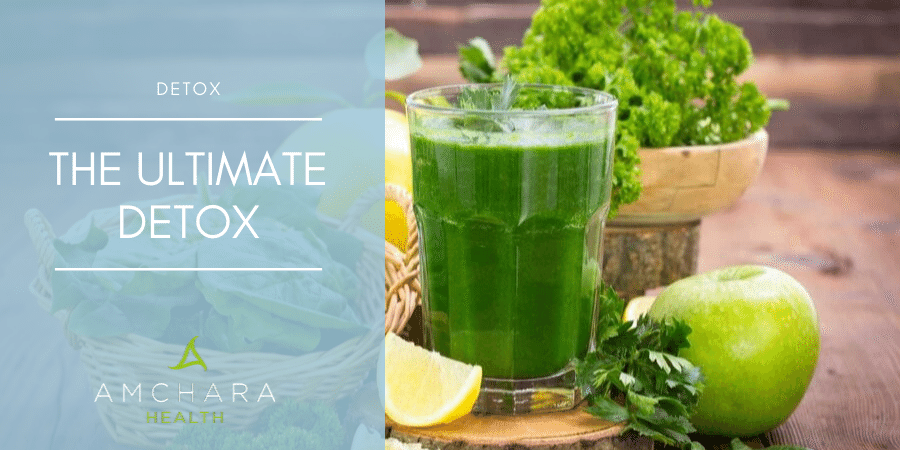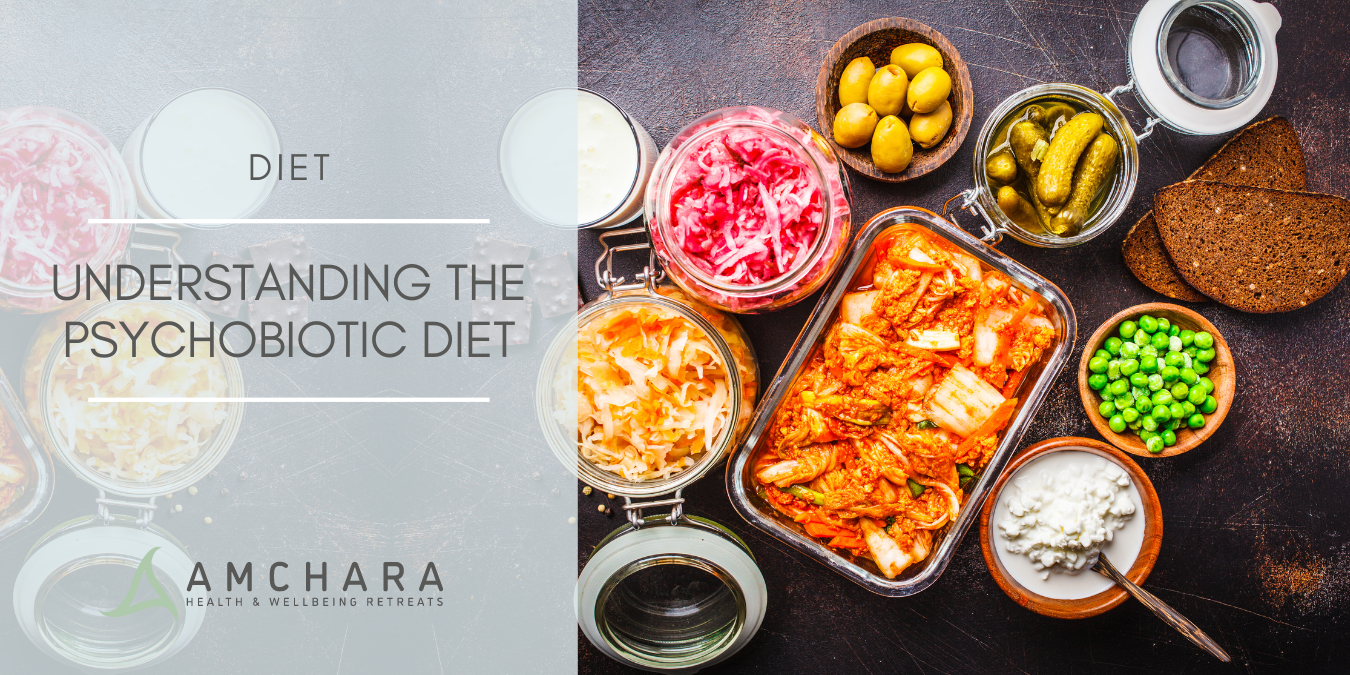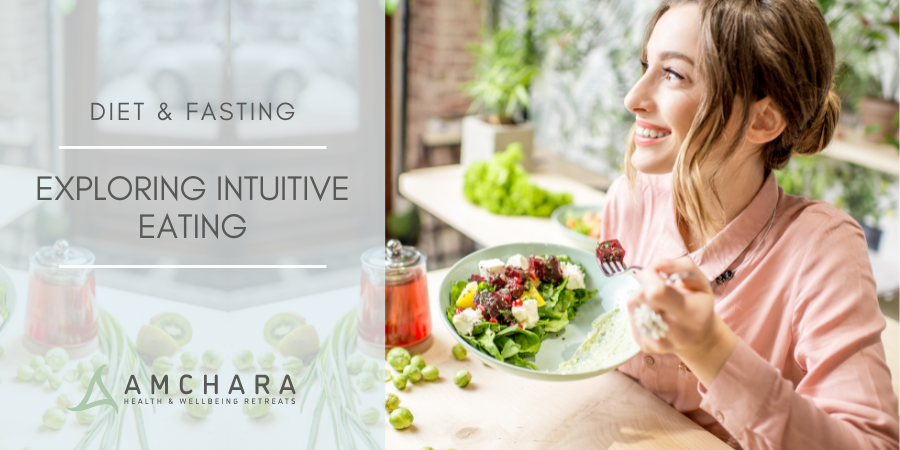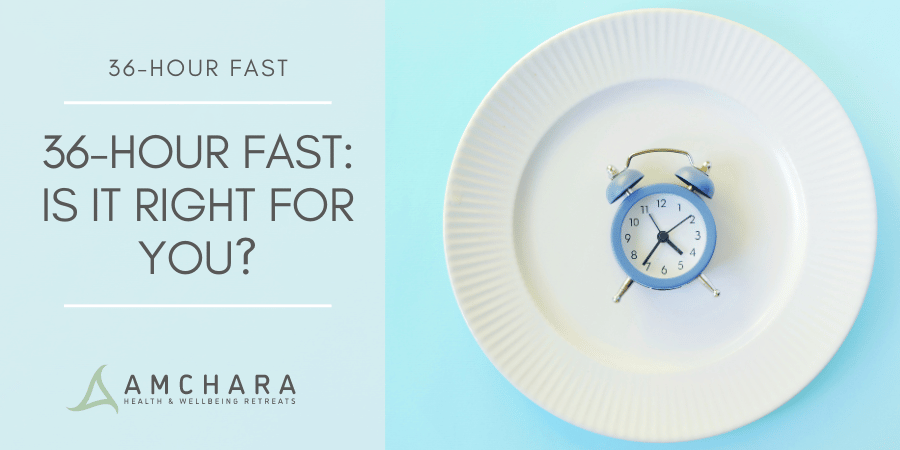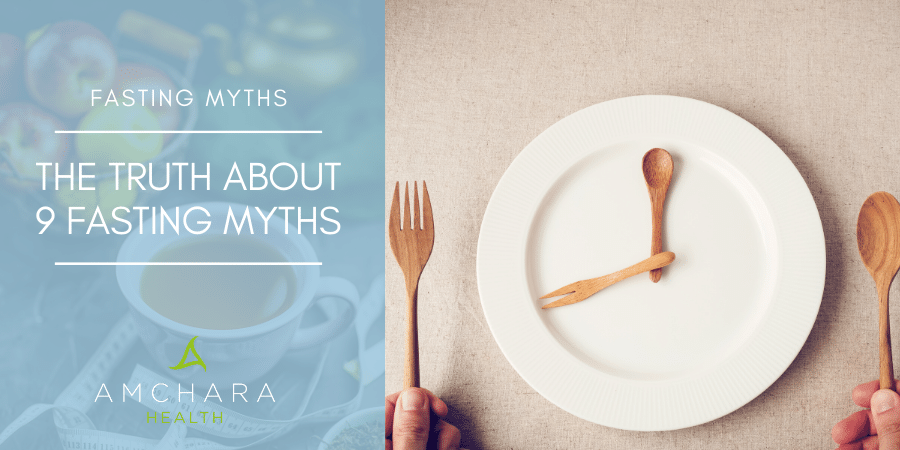What if you were actually living that life where every meal was nutritionally balanced, choosing the right foods was effortless and you felt healthier than you’ve ever been?
Seems impossible but Its not – you just need to know where to start.
In this article you’ll find ways to reach your goals that are not so difficult after all.
There is no quick fix to cleansing and purifying your body after a lengthy period (perhaps years) of over-indulgence.
You know the score – poor diet, smoking, drinking, lack of exercise, recreational drugs and so on.
It takes a concerted effort and some commitment to turn back the clock and get your body into the tip-top condition you remember as an energetic teenager when the world was filled with endless possibilities.
Come rain or shine, you will need to introduce changes to your diet and lifestyle in the long term to achieve optimum health.
However getting your head in the right space for this can be difficult and requires a good dose of motivation and pre-planning.
What often helps to kick-start the process is a short term, focussed nutritional regime such as one week cleanse.
Healthy nutrition involves balance – adequate protein, fibre, fats, carbohydrates etc. the building blocks necessary for energy, maintenance and repair.
Short-term detox cleanses that limit protein and restrict major food groups, do not necessarily fit into this category – however they often get quick results especially in terms of weight loss.
Detoxes are not meant to be followed for long periods of time and are therefore unlikely to be detrimental to health providing you take a sensible approach and inform your GP if you are undergoing medical treatment or experiencing poor health.
After a detox you may experience a feeling of renewed energy and many of your symptoms could completely disappear.
This is generally the result of removing the above mentioned lifestyle choices that have been dragging you down, and may be just what you need to introduce a healthier way of living.
It would however be unrealistic to expect a detox to totally transform your life overnight, but it might just spur you on to greater things!
What does detoxification mean?
Your body is constantly exposed to chemicals, both natural and synthetic.
They originate from all sorts of things, from the air you breath to the foods you eat, the environment you live in and the medications you take.
In short everything is made up of chemicals.
Some of these things contain chemicals that are toxic to the body some of them don’t.
What’s great is that you have an amazingly complex body purposely designed to metabolise nasty chemicals and toxins and transport them out of your body.
It’s an incredibly sophisticated mechanism, made up of the skin, kidneys, gastrointestinal tract, lymphatic system, and the number one organ of detoxification of course, which is the liver.
To counter the effects of damaging toxins these important organs and systems utilise a number of chemical nutrients including antioxidants.
You get these from your food or your body makes them by using some of the compounds found in food.
Antioxidants are chemical compounds that inhibit oxidation – a chemical reaction that produces free radicals.
These unstable particles trigger a chain of reactions that lead to cell damage and subsequently ill health. 1
Foods contain complex mixtures of antioxidants, which is ideal because they work synergistically in the body rather than as solitary components.
Antioxidants that maximise your health and longevity
Plant foods supply us with a great overlapping system of antioxidants that are well absorbed and less likely to be destroyed by cooking.
Meat also contains a number of trace metals that contribute to the function of antioxidants, such as selenium, manganese and zinc, but unfortunately they tend to concentrate in parts of the animal that many people are not fond of such as offal (brain, kidneys, testes and liver).1
Antioxidants that are central to detoxification include:
- B Vitamins: B2,B3,B6,B12 and folic acid
B vitamins have important antioxidant activity 2 and are vital cofactors for the action of specific enzymes involved in detoxification that take place in the liver, kidneys, lungs and even the brain. 3
A good supply of B vitamins can help to protect the liver from the damaging effects of alcohol.5
Vitamins B3 and B5 in particular have been shown to metabolise cholesterol effectively. 6
Other B vitamins such as B6 and B12 are necessary for the production of glutathione a major detoxifier in the liver.7
To get your quota of B vitamins 12 you need to try and include a range of the following foods in your diet:
- Peas
- Eggs
- Tomatoes
- Whole grains
- Meat
- Fish
- Broccoli
- Chicken
- Green leafy vegetables
- Glutathione
In terms of liver function, glutathione (GSH) is one of the most important antioxidants for helping to neutralize highly reactive and dangerous molecules. 8
It detoxifies fat-soluble toxins and carcinogens transforming them into water soluble molecules that can be excreted easily from the body.
Dr Mercola a renowned natural health expert, highlights a number of studies that show Glutathione is beneficial in a whole range of health conditions from autism and heart health to Parkinsons disease and autism. 16
Glutathione rich foods include:
- Walnuts
- Avocado
- Cabbage
- Broccoli
- Asparagus
- Cabbage
- Brussel sprouts.
- Alpha Lipoic Acid
Alpha Lipoic acid has been found to carry out biochemical reactions that are crucial for oxidative metabolism.
The therapeutic power of this antioxidant has emerged from recent studies where it has been used effectively in a number of liver related conditions including mushroom poisoning and alcohol-induced damage. 9
Good food sources of Alpha Lipoic Acid include:
- Kidneys
- Liver
- Heart
- Spinach
- Broccoli
- Peas
- Tomatoes
- Brussel sprouts
- Vitamin E
Vitamin E is the collective name for a group of fat-soluble compounds and includes alpha, beta, gamma and delta-tocopherol as well as alpha beta, gamma and delta-tocotrienol.
All have distinctive but varying antioxidant activities, however the body preferentially uses alpha tocopherol. 10,11
The antioxidant properties of alpha-tocopherol have been shown to reduce inflammation 11, which is at the root of many chronic conditions.
A recent study revealed the potential for vitamin E as a therapy in the treatment of neurodegeneration, by providing protection from free radical injury to brain cells. 17
- Carotenoids – alpha & beta carotene, lycopene, lutein, zeaxanthin
Caretenoids are found in abundance in fruit and vegetables and are known to contribute to the bodies defence against free radical damage.
According to research carotenoids are deficient in those with diseases such as hepatitis and cirrhosis of the liver.13
Because oxidative stress plays a key role in liver disease it would be expected that antioxidant carotenoids may offer protection against the development of liver damage.
Several animal studies have reported that carotenoids such as lycopene, lutein and carotene have antioxidant effects against fat oxidation (rancidity) in the liver. 13
The antioxidant activity of carotenoids are thought to protect against the development of a number of degenerative conditions such as cancer, macular degeneration and heart disease. 14
Foods you need to top up your carotenoid levels are mostly found in red, yellow and orange coloured fruits and vegetables such as:
- Tomatoes
- Carrots
- Pumpkin
- Squash
- Tangerines
- Oranges
- Papayas
- Red peppers
- Corn
A good healthy balanced diet will provide your detoxification organs with the chemicals the cells need to carry out their important functions.
Don’t forget to bear this in mind when you embark on your future nutrition programme following an inspirational detox diet.
5 Top Tips for detoxifying your body
One of the worlds leading educators in naturopathic research, Bastyr University 15 recommends the following simple ways to build your own detox diet:
- Eat organic fruit and vegetables to reduce pesticide accumulation.
- Eat cruciferous vegetables! Cruciferous vegetables are those in the brassica family, such as broccoli, cabbage and Brussels sprouts. These veggies contain sulfur, which assists the liver in getting rid of toxic waste products.
- Consume foods high in methionine, a type of amino acid. Methionine is found in eggs, sesame seeds, Brazil nuts and fish. It assists the liver and other cells in removing unwanted substances.
- Drink plenty of water. Water helps hydrate as well as flush waste through the kidneys and out of the body.
- Sweat every day. The skin is the largest organ in the body, and sweating can help toxins leave the body.
So, now you’ve got the low-down on antioxidant rich foods and some top tips on how to keep your body toxin free its time to take a step in the right direction.
Here’s a fabulous detoxifying nutrition programme that aims to get you in the mood for healthy food!
The one week super cleanse
This seven day cleanse is focused on shifting toxins out of the body and providing the body with key alkalising foods to support detoxification.
Some of the daily menu ideas can be added to your everyday lifestyle as and when you feel you need them after the 7 days as they offer maximum nutritional support.
The main focus lies on fish, fruit, vegetables, root vegetables, eggs and nuts.
Green smoothies and protein shakes are predominant in the week.
Green smoothies are a fantastic way to make sure you incorporate the most mineral rich and alkalising foods at high levels in one drink.
As an added bonus they taste incredibly delicious and are super filling!
Equipment needed:
- Blender
- Container for shaking protein powder in (not vital, but is convenient if on the move)
Rules:
- Blend green smoothies until they are completely mixed and smooth (you may need to add water depending on your blender)
- Don’t eat anything 40 minutes prior to green smoothie or 40 minutes afterwards
- Buy organic!
Shopping List
- 1 head of red leaf lettuce
- 2 x 500g strawberries
- 2 peaches
- 2 bananas
- 1 head Romaine Lettuce
- 1 bunch of celery
- 1 bag of carrots
- 3 x 250g punnets of raspberries
- 1 punnet of blackberries
- 3 large bags spinach
- 1 ripe mango
Vegetables for dinners:
red peppers, broccoli, courgette, sweet potato, artichokes, asparagus, aubergine, bamboo shoots, cabbage, raw carrots, celery, chard, collards, cucumber, fennel, green beans, kale, mushrooms, onions, parsley, peas, radicchio, radishes, sauerkraut, salad greens (all), spinach, Summer squash, tomatoes, turnips, water chestnuts and watercress.
- Herbs to spice up your evening meals: ginger, garlic, cinnamon, coriander, cumin, turmeric, basil, thyme, oregano, black pepper, sage, cardamom etc.
- Nuts: almonds, walnuts, pecans, brazil nuts
- Seeds: sunflower, pumpkin, sesame
- Hummus (organic one made from: chickpeas, olive oil, garlic, tahini, lemon, salt and water and no sugar!)
- Enough fish for four nights plus one lunch of smoked salmon
- 8 eggs
- 2 ripe avocadoes
- Lemons
- Olive Oil
- Apple cider vinegar
► Download the 7-Day Meal Plan (PDF)
DAY ONE
| Breakfast (green smoothie) | Berry Peachy: 1 head of red leaf lettuce 1-pint strawberries |
| Snack (before lunch) | 4 sticks celery or 4 carrots dipped in hummus |
| Lunch | Protein shake |
| Snack (before dinner) | 2 handfuls of any unsalted/unroasted nuts/seeds |
| Dinner | Half a plate of vegetables, steamed or stir fried with fish or chicken or turkey, using olive oil.
Meal Idea: chilli & ginger stir fried chicken |
DAY TWO
| Breakfast (green smoothie) | Spinach & Berries:
3 cups of spinach 2 cups of raspberries 1 cup of blackberries 1 cup water 1 scoop protein powder |
| Snack (before lunch) | 2 hard boiled eggs or scrambled eggs or omelette |
| Lunch | Protein shake |
| Snack (before dinner) | 2 handfuls of any unsalted/unroasted nuts/seeds |
| Dinner | Half a plate of vegetables steamed or stir fried with fish.
Meal idea : Moroccan fish stew |
DAY THREE
| Breakfast (green smoothie) | Mango:
1 ripe mango 3 cups of spinach 1 cup of water 1 scoop protein powder |
| Snack (before lunch) | Protein shake |
| Lunch | Smoked salmon with big raw green leafy salad and olive oil & cider vinegar dressing |
| Snack (before dinner) | 1 avocado halved with lemon & salt |
| Dinner | Half a plate of vegetables; steamed or stir fried with fish.
Meal idea : Salmon baked in oven with vegetables roasted in olive oil plus sweet potato wedges |
DAY FOUR
| Breakfast (green smoothie) | Banana Spinach:
1 banana 3 cups of spinach 1 cup raspberries 1 cup of water 1 scoop of protein powder |
| Snack (before lunch) | 4 sticks celery or 4 carrots dipped in hummus |
| Lunch | Protein shake |
| Snack (before dinner) | 1 avocado halved with lemon & salt |
| Dinner | Half a plate of vegetables; steamed or stir fried with fish.
Meal idea: Baked sea-bass with green beans, baby corn and broccoli with olive and lemon dressing plus sweet potato wedges |
DAY FIVE
| Breakfast (green smoothie) | Strawberry Field:
1 banana 8 leaves romaine lettuce 1 cup strawberries 2 cups of water 1 scoop protein powder |
| Snack (before lunch) | 2 handfuls of any unsalted/unroasted nuts/seeds |
| Lunch | Protein shake |
| Snack (before dinner) | 2 hard boiled eggs, or scrambled eggs or omelette made with olive oil |
| Dinner | Protein shake |
DAY SIX
| Breakfast (green smoothie) | Smoothie of your choice |
| Snack (before lunch) | 2 handfuls of any unsalted/unroasted nuts/seeds |
| Lunch | Protein shake |
| Snack (before dinner) | 2 hard boiled eggs or omelette made with olive oil or scrambled no milk or butter |
| Dinner | Protein shake |
DAY SEVEN
| Breakfast (green smoothie) | Smoothie of your choice |
| Snack (before lunch) | 4 sticks celery or peppers dipped in hummus |
| Lunch | Protein shake |
| Snack (before dinner) | 2 handfuls of unroasted nuts of your choice |
| Dinner | Protein shake |
► Download the 7-Day Meal Plan (PDF)
As you go back to your normal routine, remember to follow basic healthy guidelines of eating protein at every meal, including lots of vegetables, and adding fruits, nuts and seeds.
Reintroduce grains slowly, making sure they are both organic and whole-grains and remember that there was a time in our lives (Palaeolithic) where grains were NEVER consumed!
The need for them is not present for our survival; however, eating them without making them the basis of every meal in your day is completely fine.
*Adapted from The 7 Day Cleanse: Emma Mihill – Naturopath BA Hons, ND, NT Dip CNM, mBANT, MGNI
Still not convinced you can do this on your own?
Maybe a trip to an Amchara retreat is what you need to gain the guidance and support necessary to get the best results from a detox diet.
Our experienced naturopaths are always on hand why not get in touch.
READ NEXT:
